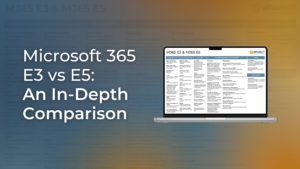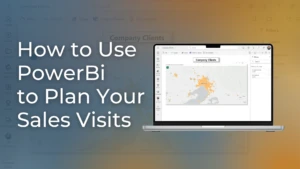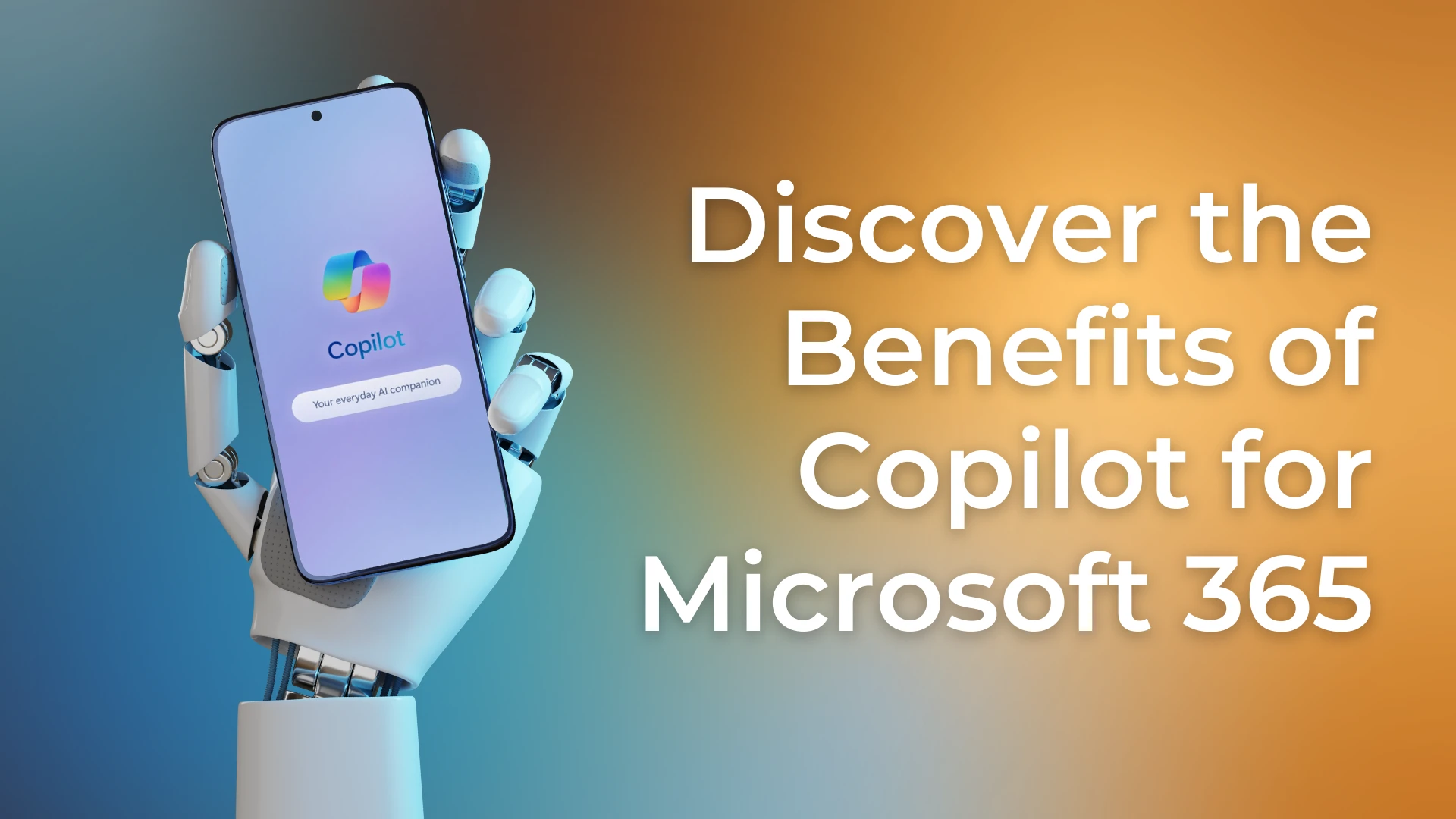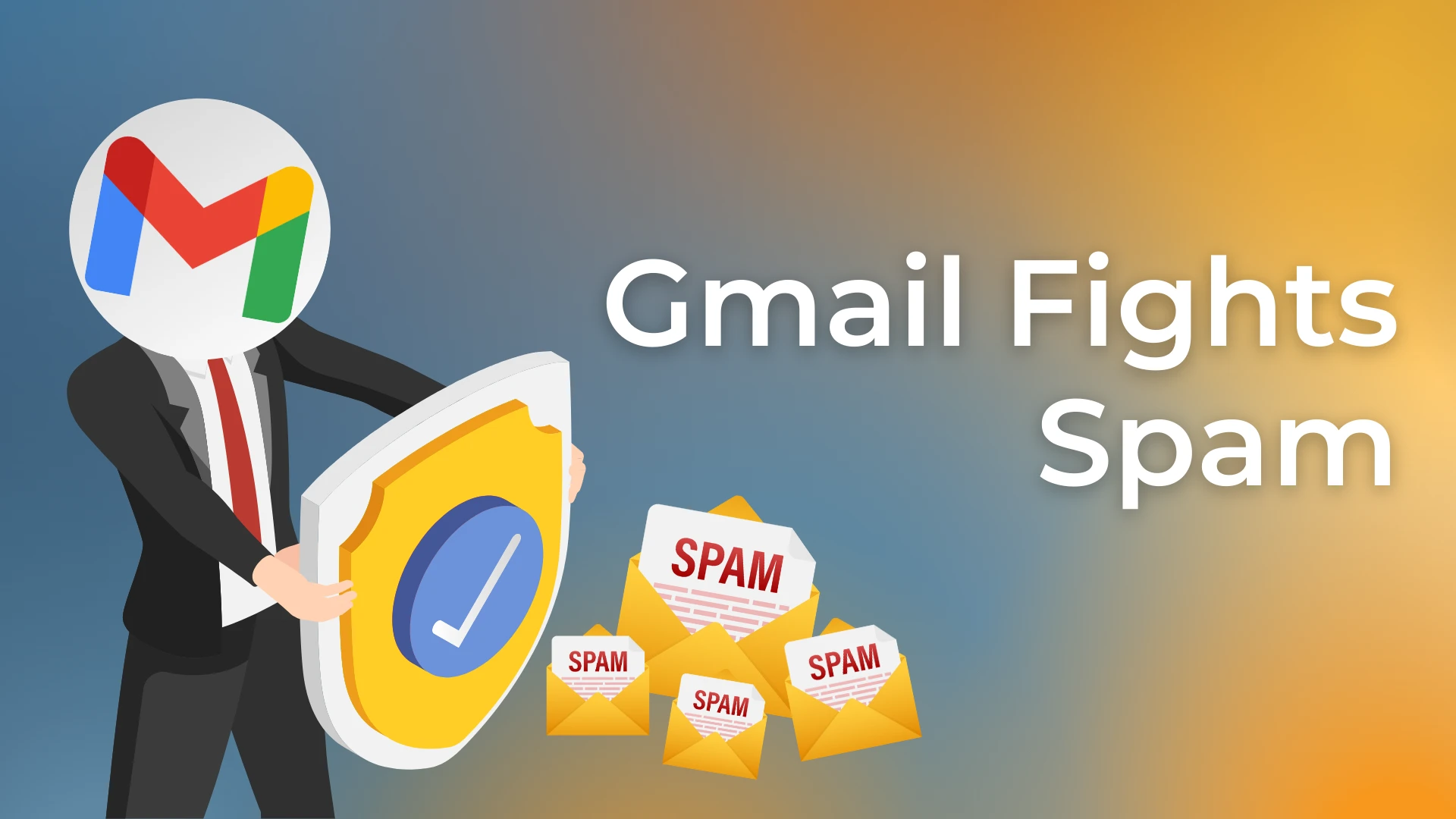You might’ve heard people talk about it, seen people tweet about it or read articles about it. We’re talking about the buzzword (or fuzzword) that has been on everyone’s lips lately: ‘BIG data’. However, we dare to claim that most people don’t really know what big data means and how it can help us.
To help define big data it is often broken down into four dimensions (or the four V:s):
– Volume – the huge amount of data generated every second (an estimated 2,3 trillion gigabytes of data are created every day)
– Velocity – the incredible pace at which new data is generated (and also how fast you need to analyse and utilise it)
– Variety – the different types of data generated (from social media to healthcare data)
– Veracity – big data is unstructured and it’s therefore hard to know which information is accurate (e.g. tweets and metadata)
In very simple words, big data refers to the vast amount of data we generate and are able to collect and analyse. The volume of data has exploded in the 21st century with social media and the web becoming increasingly popular.
If you think about it, almost everything we do leaves a digital trace and is stored somewhere; our emails, social media updates and phone conversations are digitalised and stored, browsers log the sites we visit, when we make payments the transactions are logged, most photos and videos are digitally captured and stored, countless CCTV cameras capture footage every day and our smart phones track our location. We’re generating exabytes of data every day and we don’t know who has access to it, scary isn’t it?
We have been generating incredible amounts of data for a while, particularly since 2003, but the reason big data is such a familiar tune lately is because we now have better tools to analyse all this information (although we still have a long way to go). And with being able to analyse the data we can also better use it to our advantage. Just take a look at these five examples on how different industries are making use of big data.
Healthcare
The healthcare sector is particularly well suited to benefit from big data. A huge variety of health data is being collected: research data, clinical data (e.g. patient records), activity and cost data and patient behaviour data (e.g. health purchases history). Big data analytics could help gather all this information in one place and that way help us gain insights into how we can improve our healthcare system, e.g. by identifying high-risk patients.
Love
Online dating sites are using big data to bring people together and help them find their perfect matches by collecting and comparing data using sophisticated algorithms. For example, when signing up on the eHarmony dating site you have to fill out a 400-question profile about personal preferences, physical traits, interests, and so on. Then you just wait for the system to compare all this information to other users and suggest (perfect) matches.
Recruitment
Hiring, firing and training is very costly for companies, but considerable savings can be made using big data. Instead of only relying on a general line of questioning or subjective gut feelings, the recruitment process can become smarter by using social technology and analytics to identify the characteristics needed for a job and the right person for the position. It can also significantly increase employee retention. LinkedIn is a good example of how algorithms are being used in the recruitment sector.
Sports
Big data analytics is thoroughly transforming sports by improving the performance of athletes as well as the viewer experience, and has the potential to incredible advances in injury prevention, doping detection, performance optimisation and advanced scouting, just to name a few things. Here are some examples of how big data is changing the sports industry: sports equipment such as bikes are fitted with sensors that collect data, there are all sorts of wearable devices such as smart watches that track data, sports teams are hiring analysts to analyse all the data, Adidas has created a chip that will be attached to the soccer players jersey for transmitting real-time data that the coaches analyse to see what the physical and physiological situation of the player is. The world of sports is embracing big data more than most industries.
Shopping
Retailers have access to a great deal of information about us, and therefore retail has great potential for big data. Apart from the basic demographic information, retailers also know our purchase history, mobile/social interactions and in-store checkouts, just to name a few things. You might’ve noticed that many retailers have introduced free in-store Wi-Fi in return for an email address – this is for data collection purposes. Next Best Offer (NBO) technology can analyse data in real-time and generate mobile offers at the right time, in the right place. The challenge for retailers is how to bring together and use all the information they’re collecting in the best possible way.
The opportunities for collecting and analysing big data are endless, and this is just the beginning of a ‘data revolution’ that, in certain ways, can make us smarter.
Contact us today to discover more.






